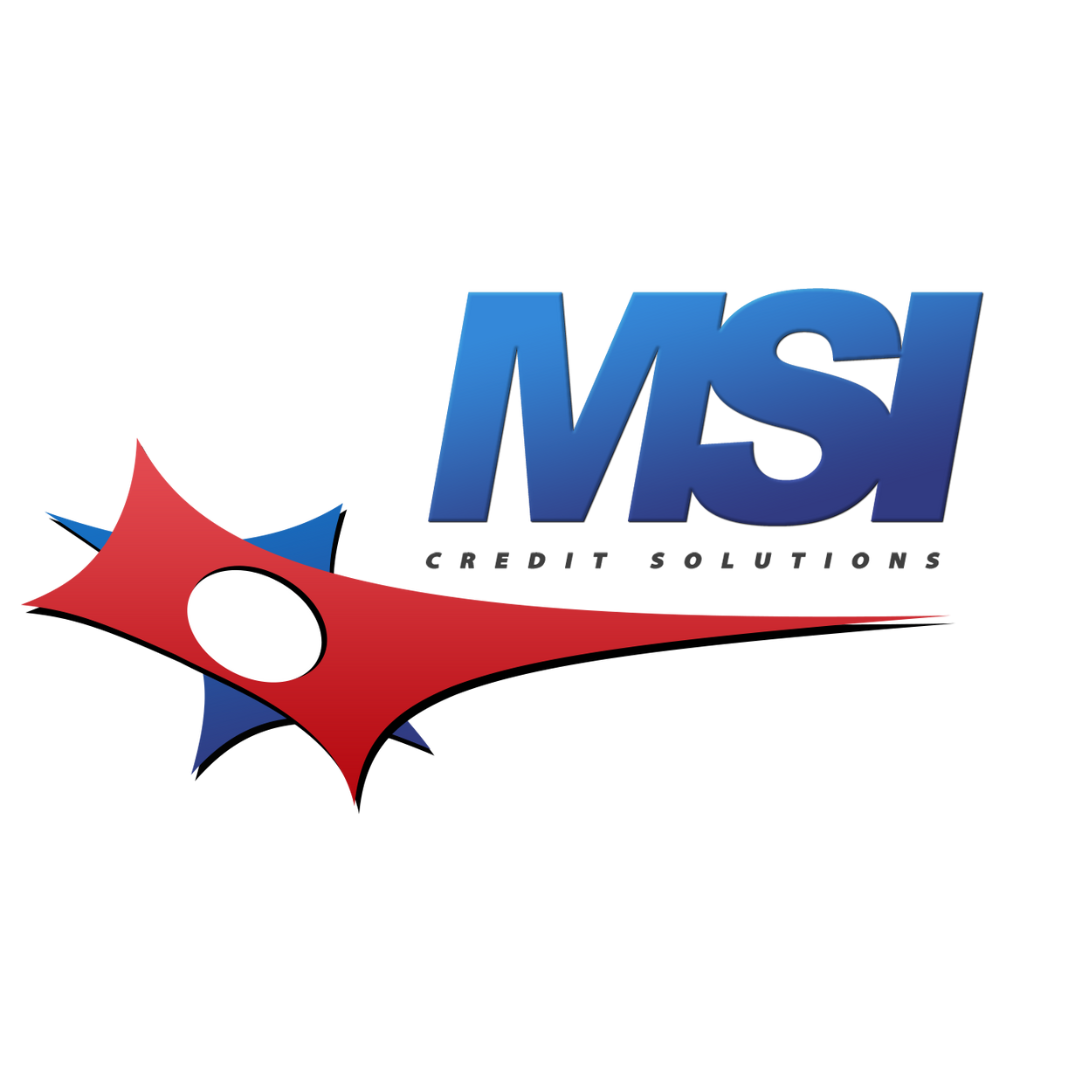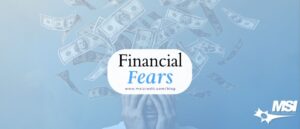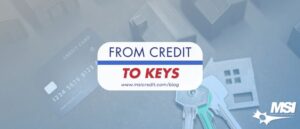You’ve filed your taxes, received a refund, and want to invest your money in areas to help you financially. Many consumers will use these additional funds this time of year to take care of owed debts. Some of these debts will include those pesky collection accounts who have been bugging you for years now. Are you thinking of paying old collections with your tax return? Before you do so, consider some of the following information.
Did you know?
Paying a collection may cause you to:
- Admit fault and accept the account and debt, thus validating the account. Even if the account is not yours, you are accepting responsibility of it!
- Lower your credit score in the short term as the “date of last activity” is updated on your credit, consequently, making the account look recent.
- Simply update the account to a paid collection, thus the account will still show on your credit.
- Additionally, if you settled the account, the money that was not paid could have been considered canceled debt which you may have to pay taxes on at a later time. Check out our previous post Cancellation of Debt: Form 1099-C for more information.
Paying an old collection can actually lower your score in the short term. You may be asking why this happens if you’re actually just trying to satisfy accounts. The reality is that the credit bureaus will only update paid collections to a zero balance, and will notate the account as “paid in full” or “paid in settlement” under the account status. The collection mark itself will still report on your credit. When this change is made the “date of last activity” on the account is updated, thus making your account look recent.
Since around 35% of your credit score comes from payment history and recent negative marks have more of an effect on your credit score, your credit score may be temporarily lowered. Even though 30% of your credit score does come from amounts owed and paying the collection would reduce the amount, your credit score may still be affected temporarily by the recent date of last activity. It may take some time until your credit score recovers and increases.
Paid collections are only removed from your credit when the collection company or creditor agrees to notify the three major credit bureaus to delete the referenced account. If a collection agency or original creditor has made a deletion agreement, it may be in your best interest to request a written copy of the deletion agreement. This will allow you to dispute the referenced account with the bureaus as needed if the account is not removed from your credit as agreed per the company.
A simple mistake can be your head ache, before you pay any old collection accounts, be sure to consider these factors.
- An FTC study showed that 25% of consumers found errors on their credit reports.
- If you feel the debt is inaccurate by paying it, you have actually accepted the debt.
- The FTC study showed that 20% of consumers had an error corrected by a credit reporting agency after filing a dispute.
- If you think there are any inaccuracies on your credit report, consider making an investment into credit repair services.
- The Fair Debt Collection Practices Act is utilized through credit repair services in a process known as “Debt Validation”.
- Accounts are audited through this process and are deleted when they are not in compliance.
- This results in an increase to your credit score.
- The FTC study showed that 10% of consumers saw a change in their credit score after fixing or removing the errors found within their credit reports.
Call MSI Credit Solutions today for your credit repair needs and receive a FREE credit repair consultation! MSI Credit Solutions leverages your consumer rights and works on your behalf to remove questionable negative items from your credit report which results in an increase to your credit scores.
 MSI Credit Solutions provides superior credit restoration and comprehensive consulting services that are reliable and affordable. For any questions or to schedule a free credit consultation, contact us at (866) 217-9841.
MSI Credit Solutions provides superior credit restoration and comprehensive consulting services that are reliable and affordable. For any questions or to schedule a free credit consultation, contact us at (866) 217-9841.
*The information in this article has been provided strictly for educational purposes.
(Editor’s note: This post was originally published in February 2014 and has been revamped for accuracy and additional information.)





